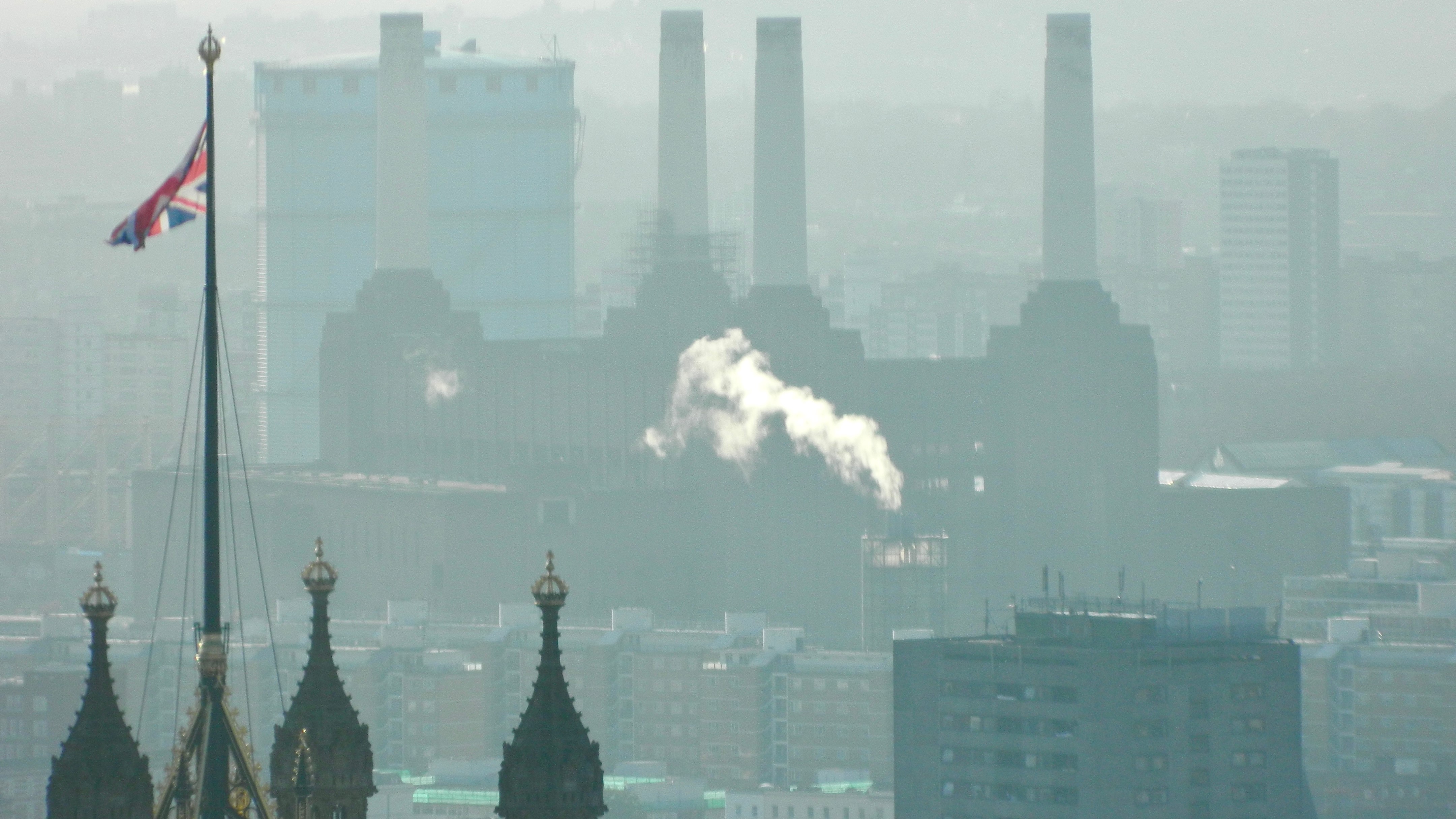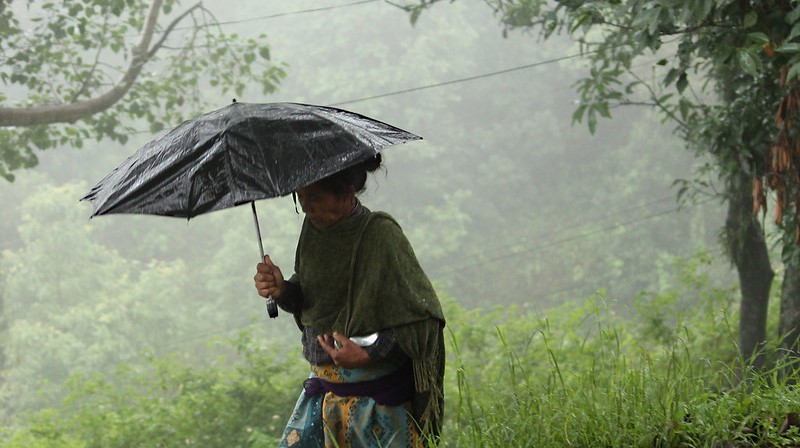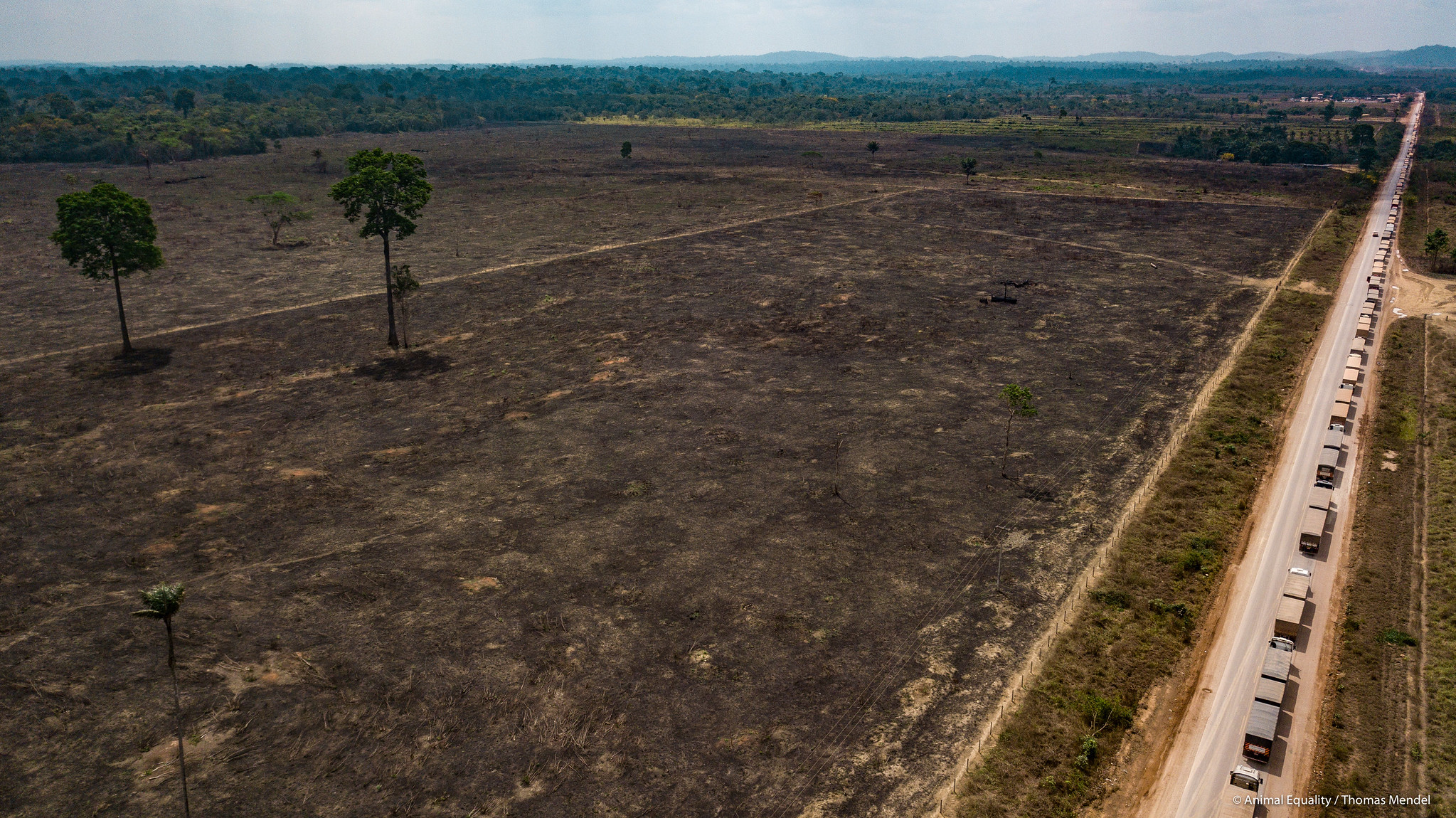Climate Policy Advisor and MSc Development Studies alum, Alejandra Padin-Dujon explains Article 6.2 of the Paris Agreement and what it means for carbon markets in Ghana.
Carbon markets are flourishing. The World Bank identifies 73 carbon pricing initiatives worldwide (including both carbon markets and carbon taxes), which would cover 23% of global greenhouse gas emissions. Many of these are voluntary carbon markets, worth over £1.5 billion in 2021 and estimated to reach a value of at least £8 billion by 2030.
Article 6 of the Paris Agreement created its own voluntary carbon markets. These were highlighted in a report released last week regarding twenty countries’ readiness to participate in Article 6 markets as carbon credit producers. However, Article 6 markets are delayed by lengthy technical protocols at the UN level, and the projects ultimately implemented carry the scent of scandal. Can this innovative section of the 21st century’s most important climate agreement bear fruit?
What are carbon markets?
Carbon markets involve the sale and purchase of “offsets.” An offset is a verifiable claim that one entity (like a country or firm) has removed or avoided greenhouse gas emissions. Then, another entity can buy this marker of success so that they can emit more without penalty. Article 6.2 is called a “voluntary” carbon market because participation is entirely optional—not compelled by legislation, as in “compliance” carbon markets like the European Union Emissions Trading System.
What is Article 6.2?
Article 6.2 is a voluntary carbon market designed to encourage bilateral, government-to-government agreements that are “consistent with guidance” written by the Parties to the Paris Agreement—but which are organized independently of the UN, between the countries themselves. It can help high-emitting countries meet the targets they submit to the UN (known as “nationally determined contributions”). It only deals in “internationally transferred mitigation outcomes,” which (per the name) are offsets sold across country borders. A6.2 differs from other parts of Article 6 in that it isn’t specifically meant to be an engine of sustainable development or raise money for vulnerable countries (unlike Article 6.4); and it actually is a market (unlike Article 6.8 on “non-market approaches”).
The Paris Agreement is certainly not the first international accord to create supervised carbon markets. The Kyoto Protocol’s trading in “certified emission reductions” was one such market, and it collapsed due to an oversupply of bogus credits. With this fiasco in recent memory, the architects of the Paris Agreement took their time debating the rules that would make A6.2 (and other sections of Article 6) actionable. These rules were finalized in 2021, at COP26 in Glasgow.
The controversy
In the voluntary carbon market industry, however, memories can be short, and conflicts of interest run rife. Credit certifier Verra, disgraced in a January 2023 exposé, leading to weeks of plummeting prices for its flagship nature-based carbon credits, has shed its CEO and re-emerged with a plan to launch labels for Article 6-compatible credits. Meanwhile, last week’s report on Article 6 readiness cites Ghanaian rice farming projects as an example of successful implementation… and not six months ago, the same initiative came under intense scrutiny for potentially inflated credits. The report was commissioned by Gold Standard—another carbon credit certifier.
Case study: Ghana
According to the Gold Standard report, two of the twenty countries reviewed are in the “implemented” stage of Article 6, meaning that they are institutionally prepared to produce credits and have deals in the works. These are Thailand and Ghana. Only Ghana has authorized a credit transfer, to Switzerland, announced at COP27 in November 2022. This was the world’s first ever bilaterally authorized project under Article 6.2.
The project (to be implemented by the UN Development Programme, or UNDP) will retrain rice farmers with agricultural techniques that reduce the industry’s carbon footprint and release lower amounts of methane. It covers nearly 80% of Ghana’s rice production and is expected to save more than 1 million tonnes of “carbon dioxide equivalent” by 2030. The Swiss government will then apply this emissions reduction toward its own climate plan to cut greenhouse gas emissions. The problem? The emissions reductions may not be real.
Following the Verra scandal in January, the company reviewed and permanently deactivated one of its methodologies for carbon crediting—specifically, a popular UN rice farming carbon credit methodology—due to fears of low integrity (i.e., over-counting). During the review, UNDP and the Swiss government defended the use of their rice-based emissions reduction methodology on the grounds that it is not identical to Verra’s. However, Switzerland and the UN may be splitting hairs: the highly regarded publication Carbon Pulse reports that the Ghana project methodology is “at its foundation, the same as the one now suspended by Verra that addresses methane reduction from adjusted water management.”
Implications
Verra has made a comeback. UNDP and Switzerland have made an ardent push against methodological criticism that could sink their project. Gold Standard commissioned an optimistic report about institutional readiness for Article 6 carbon credit markets, including the Ghana case study as a shining example. Somehow, it seems, Article 6.2 is eking out a bright future—scandals, conflicts of interest, omissions, and all.
The greatest tragedy is for a global effort to combat climate change, which appears to be suffering from yet another institutionally taxing, financially flush misdirection. A secondary tragedy is that global reporting is all methodological: a tug-of-war between high-powered institutional actors and the media that are variously propped up by strong financial flows or claims to rigour. Where are the farmers? Where are the details of implementation? It seems unlikely at the time of writing that the path forward for the Swiss-Ghanaian rice initiative, or others like it, will hinge on the real impacts of this project.
The views expressed in this post are those of the author and do not reflect those of the International Development LSE blog or the London School of Economics and Political Science.
Image credit: Rice filed near Navrongo, Kassena Nankana District – Ghana, CIFOR Northern Ghana, via Flickr.





